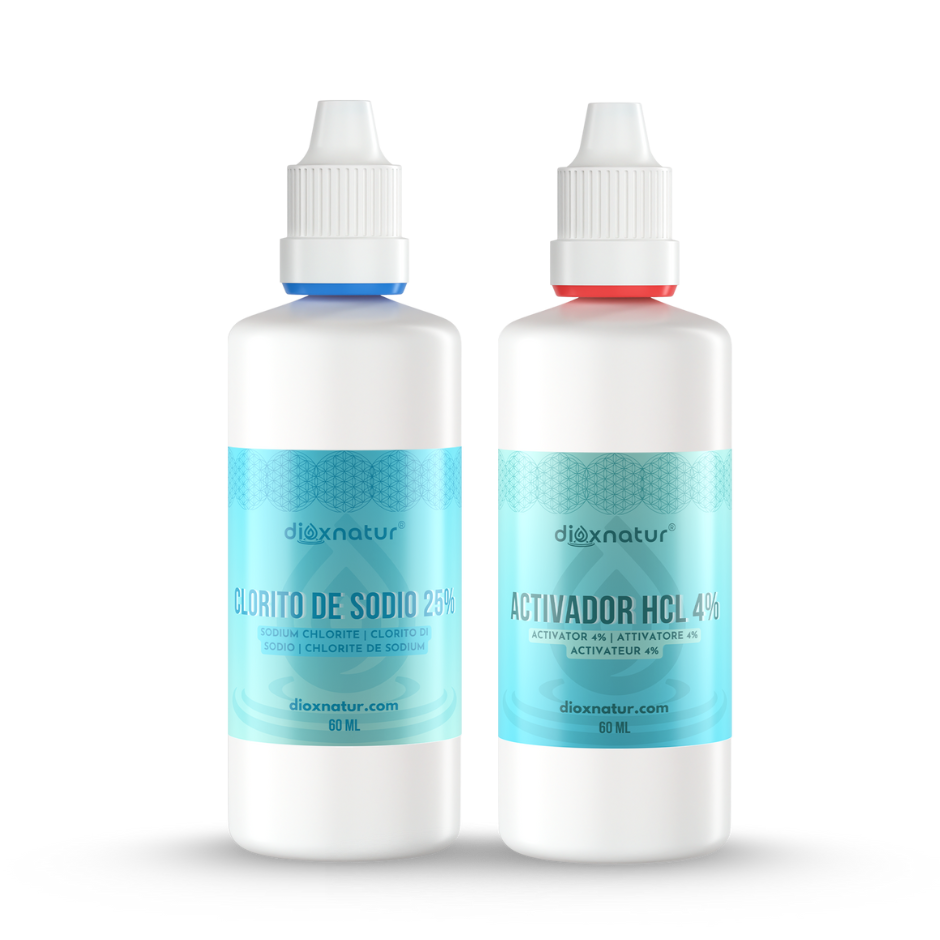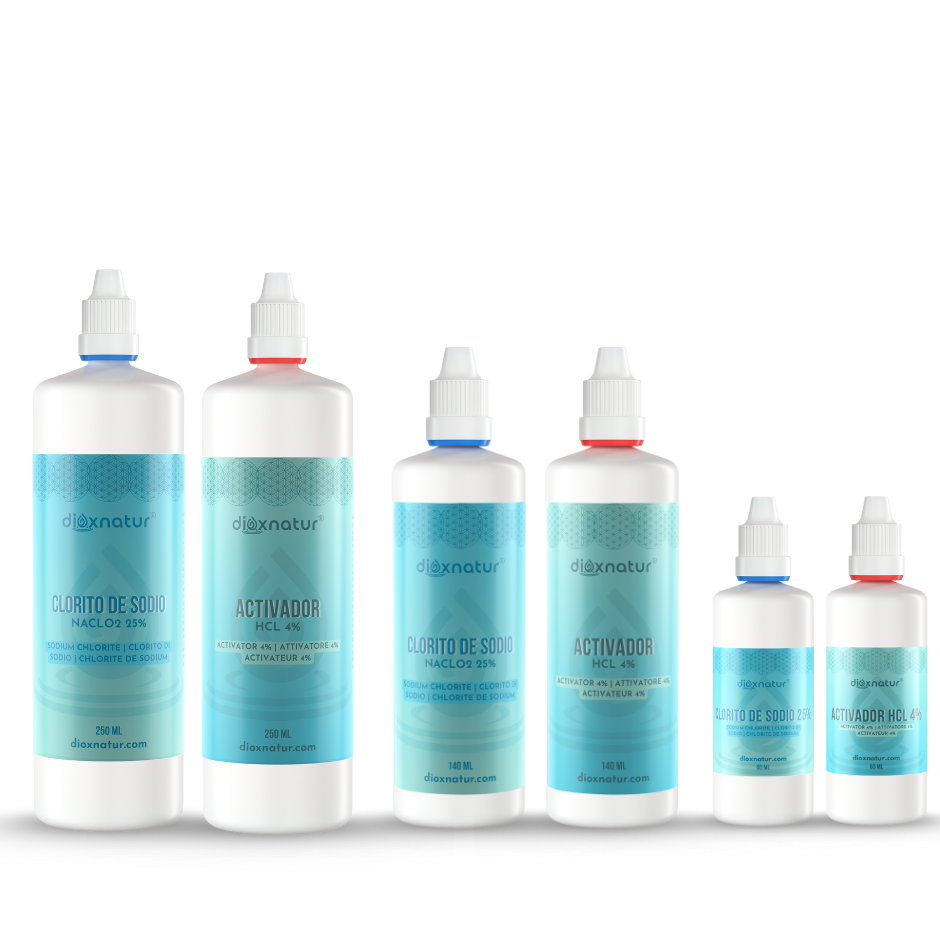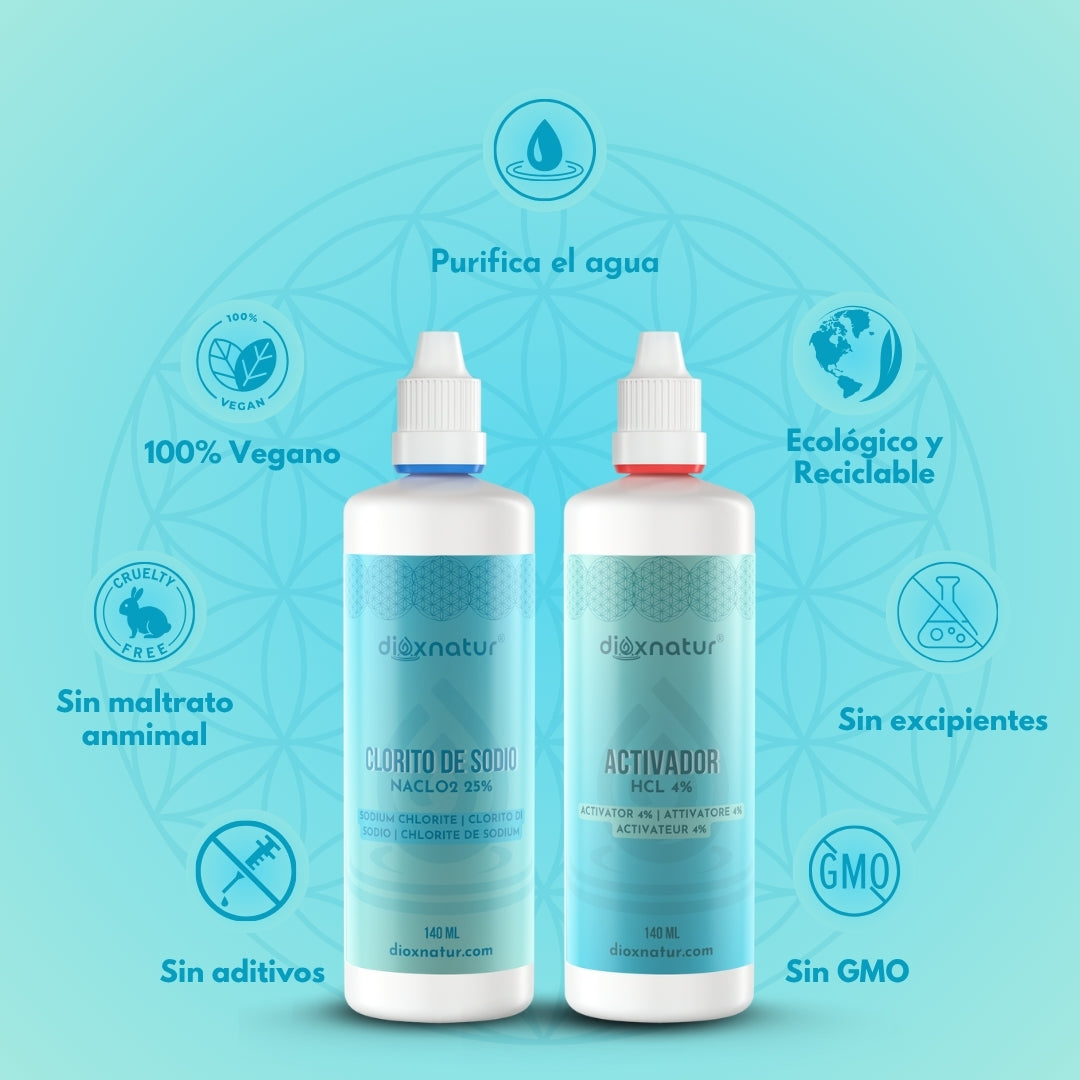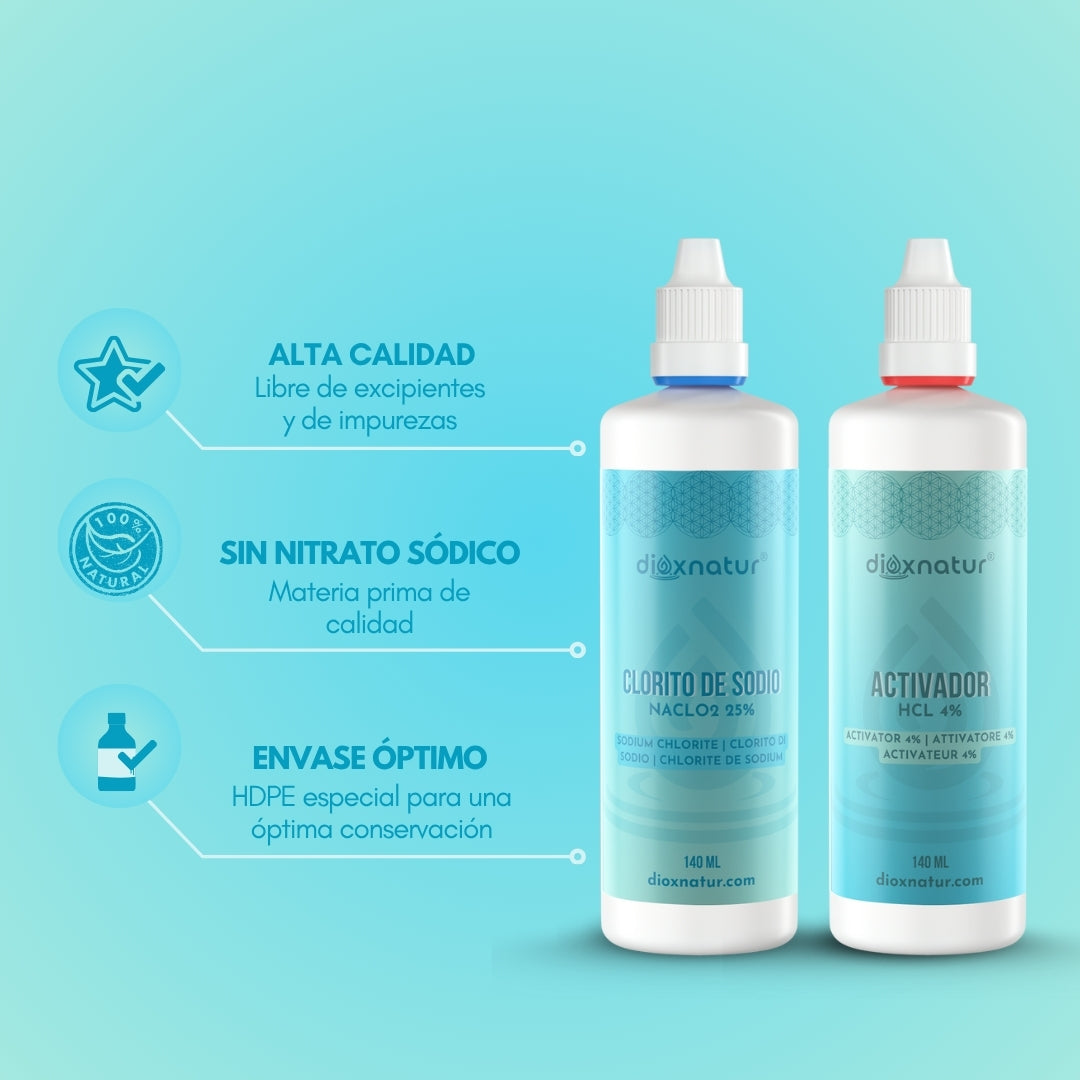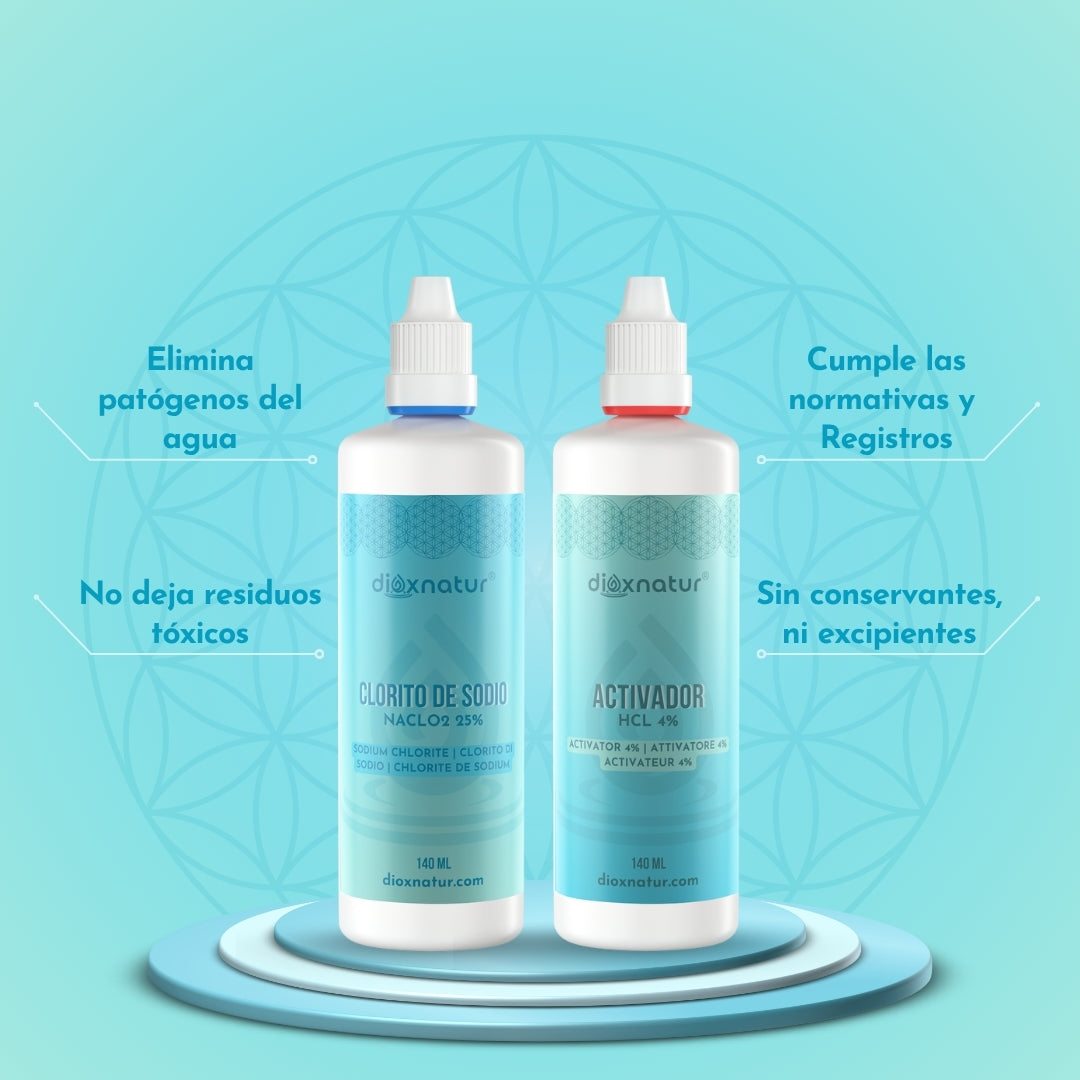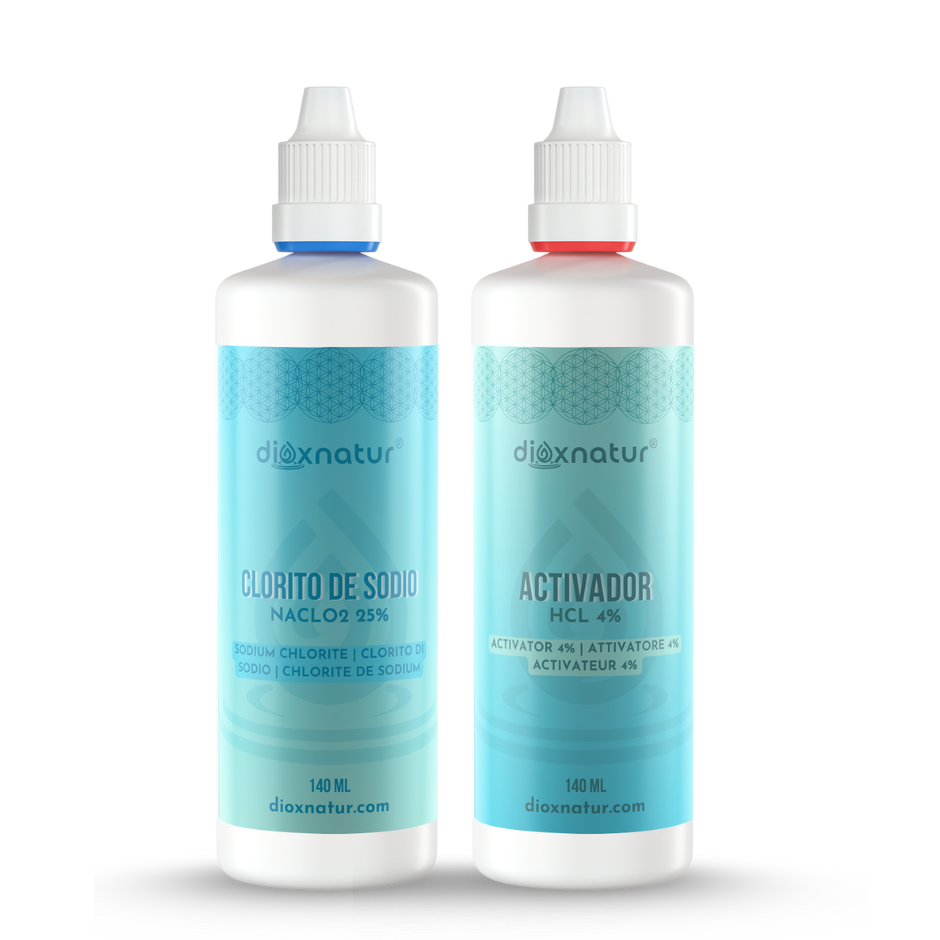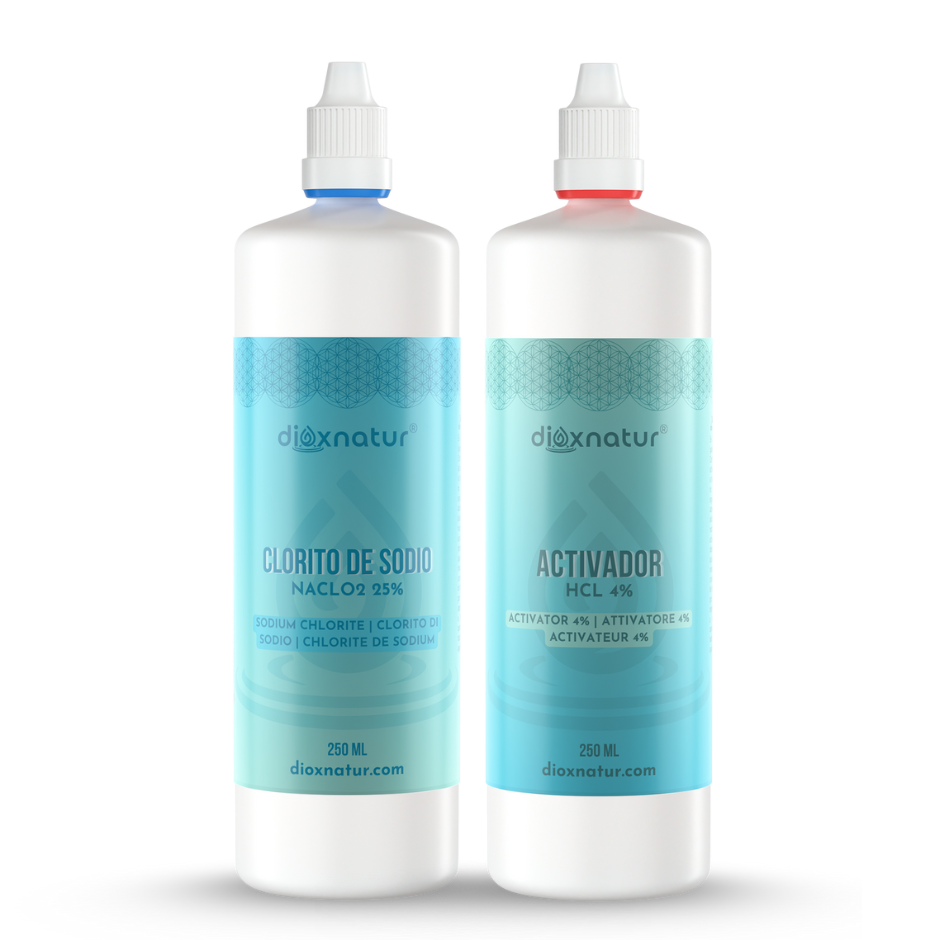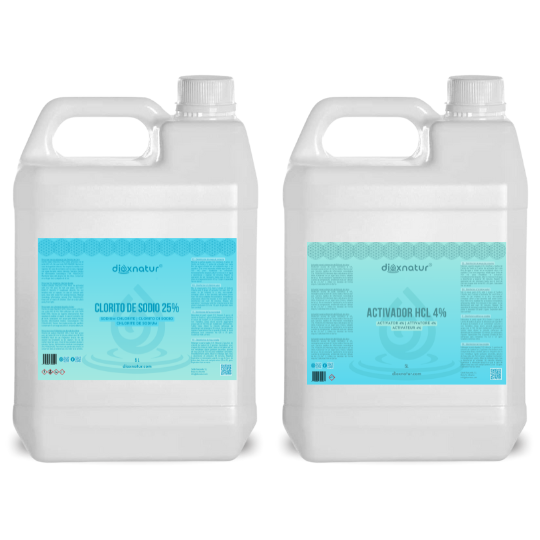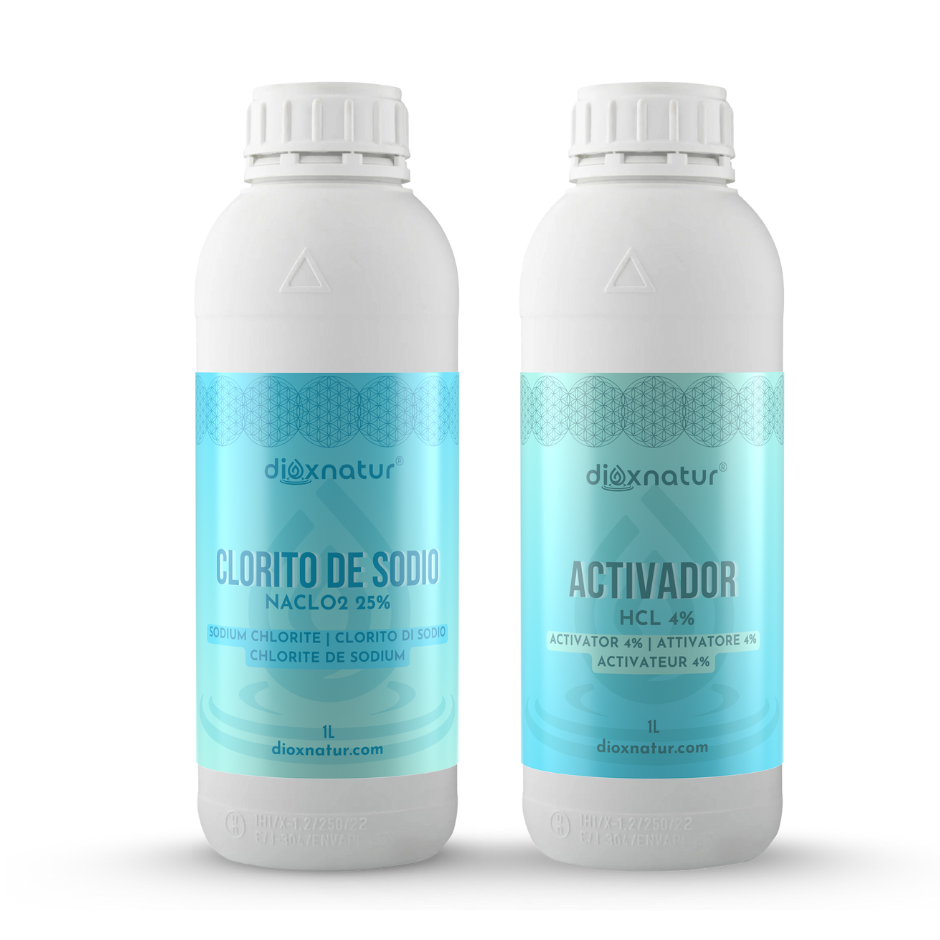Water is an essential substance in numerous industrial and domestic applications. However, not all water is created equal. In particular, distilled water and deionized water have specific uses and distinct properties that make them suitable for different purposes. Understanding the differences between these two types of water is crucial to choosing the right option for each need.
What is Distilled Water?
Distilled water is obtained through a distillation process, which involves heating water into vapor and then condensing it back into a liquid state. This process removes almost all impurities, including minerals and other contaminants.
Distillation Process
Distillation consists of:
- Evaporation: Water is heated until it turns into steam.
- Condensation: The vapor is cooled in a condenser, returning to a liquid state.
- Collection: Distilled water is collected in a separate container.
Common Applications
Distilled water is used in:
- Laboratories: To prepare solutions and clean equipment.
- Automotive: In batteries and cooling systems.
- Appliances: Such as irons and humidifiers.
What is Deionized Water?
Deionized water is produced through a deionization process, which involves the use of ion exchange resins to remove mineral ions from the water.
Deionization Process
Deionization includes:
- Ion Exchange: Cation and anion resins remove mineral ions.
- Regeneration: Resins are periodically regenerated to maintain their effectiveness.
Common Applications
Deionized water is commonly used in:
- Electronic Industry: In the cleaning of electronic components.
- Automotive: In cooling systems and batteries.
- Laboratories: To prepare pure chemical solutions.
Main Differences
Comparison of Methods
- Distillation: Uses heat to separate water from its impurities.
- Deionization: Uses ion exchange resins to remove dissolved ions.
Purity
- Distilled Water: Removes almost all impurities, including minerals and some organic compounds.
- Deionized Water: Removes mineral ions, but may contain organic compounds and microorganisms.
Cost
- Distillation: Generally more expensive due to energy consumption.
- Deionization: May be more economical in the long run, depending on resin maintenance.
Uses of Distilled Water
Distilled water is preferred in situations where a very high level of purity is required. Common uses include:
- Industrial Applications: In the manufacture of pharmaceutical and cosmetic products.
- Domestic: In appliances such as irons and humidifiers.
- Laboratories: For the preparation of chemical solutions and cleaning of sensitive equipment.
Uses of Deionized Water
Deionized water is used when it is necessary to remove ions that may interfere with specific processes. Its applications include:
- Electronic Industry: For cleaning circuits and components.
- Automotive: In batteries and cooling systems, where the presence of ions can cause corrosion.
- Laboratories: In the preparation of analytical solutions and in the cleaning of equipment.
Composition of Distilled Water
The distillation process removes most minerals and other contaminants from water. As a result, distilled water has a very simple composition, being virtually pure H₂O. This makes it ideal for applications that require water without impurities.
Composition of Deionized Water
Deionized water, when passed through ion exchange resins, loses most of its mineral ions. However, unlike distilled water, it may contain some organic compounds and microorganisms that are not eliminated by the deionization process.
PH in Distilled Water
The pH of distilled water is usually close to 7, but can vary slightly due to the absorption of carbon dioxide from the air, making it slightly acidic (pH around 5.8 to 6.0).
PH in Deionized Water
The pH of deionized water can vary depending on the effectiveness of the deionization process and the regeneration of the resins. Typically, the pH of deionized water is around 7, but it can fluctuate.
Advantages of Distilled Water
- High purity: Ideal for applications where contamination is unacceptable.
- Wide applications: Used in industries, laboratories and homes.
Advantages of Deionized Water
- Efficiency: Fast and effective process for removing ions.
- Operating costs: May be more energy efficient.
Disadvantages of Distilled Water
- Cost: Energy intensive process.
- Maintenance Required: Distillation equipment may require regular maintenance.
Disadvantages of Deionized Water
- Limited purity: May contain organic compounds and microorganisms.
- Resin regeneration: Maintenance is required to regenerate the ion exchange resins.
Distilled Water vs. Deionized Water
When comparing distilled water and deionized water, it is important to consider the specific use:
- Laboratories: Distilled water for preparing pure solutions; deionized water for rinsing and cleaning.
- Automotive Industry: Deionized water for batteries and cooling systems.
- Appliances: Distilled water for irons and humidifiers, although deionized water may also be suitable.
How to Make Distilled Water at Home
Homemade Methods
- Boiling and Condensation:
- Boil water in a pot.
- Collect the steam in a clean container through a glass tube.
- Solar Method:
- Place a container with water in a sunny spot.
- Cover with plastic wrap at an angle so that the steam condenses into another container.
How to Make Deionized Water at Home
Homemade Methods
- Use of Deionizing Resins:
- Buy ion exchange resins.
- Filter the water through the resins following the manufacturer's instructions.
- Deionizing Filters:
- Purchase a home deionizing filter.
- Connect to your faucet and filter water according to instructions.
Water for the Iron: Which One to Use?
For steam irons, distilled water is recommended due to its purity and the absence of minerals that can clog steam ducts. Deionized water may also be an option, although you should ensure that it does not contain organic impurities.
Myths and Truths
- Distilled and Deionized Water are the same: False. They have different processes and uses.
- Distilled Water is Expensive: It may be expensive, but its high purity justifies the price in critical applications.
- Deionized Water has neutral pH: Not always, the pH can vary depending on the deionization process.
Conclusion
In summary, both distilled water and deionized water have specific properties and uses that make them valuable in different applications. Understanding their differences and characteristics is essential to selecting the right option for your particular needs.













